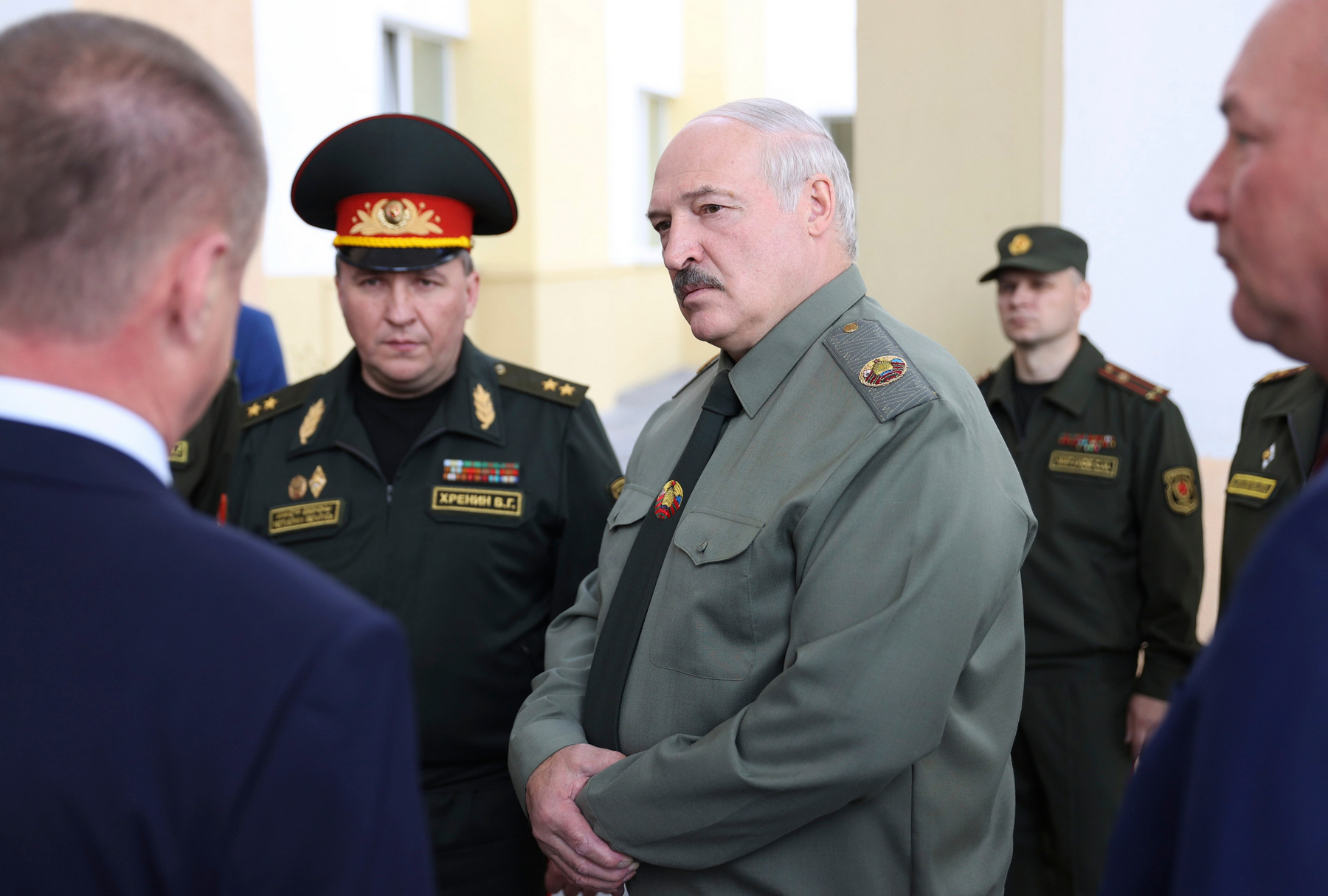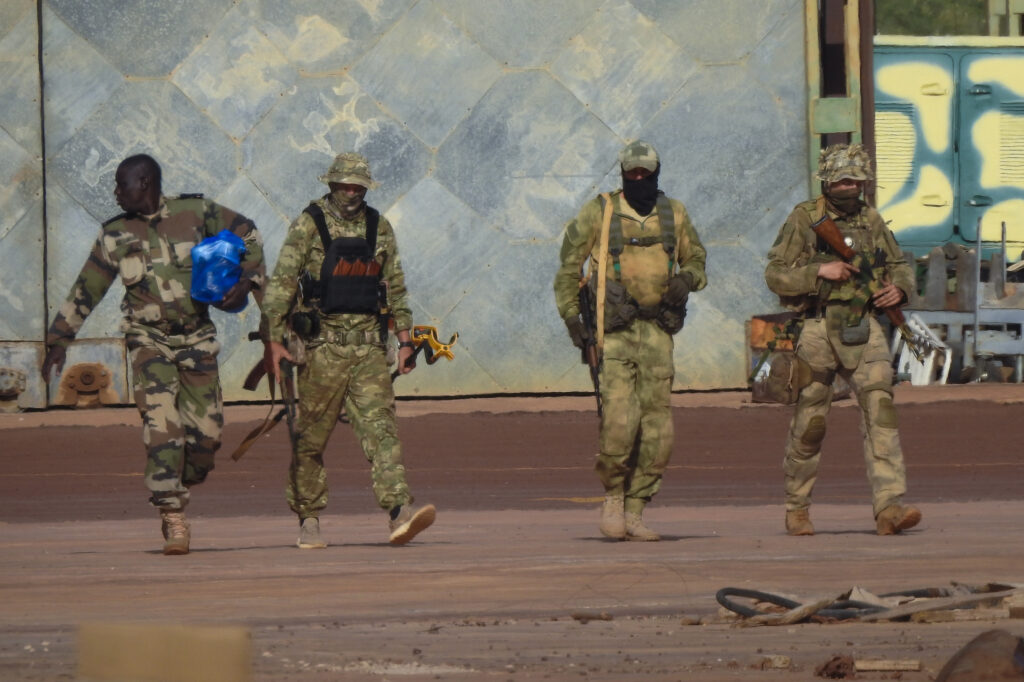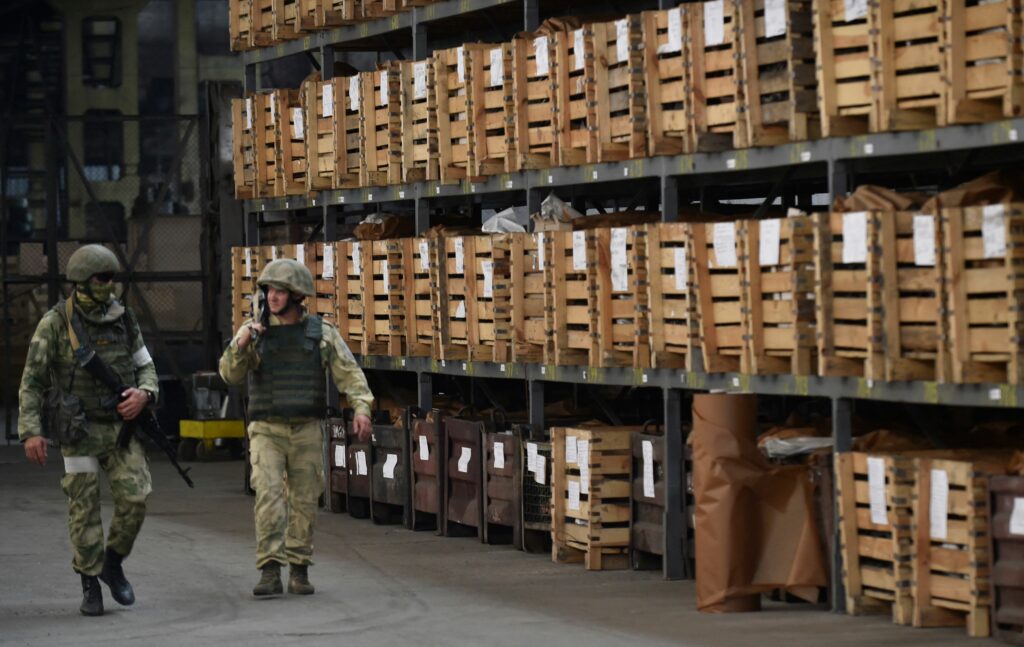To mark one year on from the fraudulent elections in Belarus, the UK, Canada and the US imposed a new set of sanctions. The measures aimed to increase the pressure on the Lukashenka’s regime and followed the steps of the EU’s fourth round of sanctions. Per some estimates, the previous US and EU sanctions have cost Belarus 2.9% of its GDP or $1.68 bn in losses, with the majority of losses stemming from financial restrictions. The new sanctions will add to the pressure and limit room for manoeuvre for the Minsk authorities. As before, Russia remains the main foothold for the Lukashenka regime, but the sanctions burden is mounting for Moscow.
UK sanctions
The UK has imposed a wide-ranging package of trade, financial and aviation sanctions. These were largely coordinated with EU measures. Belarusian air carriers are prohibited from overflying or landing in the UK and technical assistance to Lukashenka’s fleet of luxury aircraft is banned.
More biting measures from the UK include an import ban on the trade of potash and petroleum products and financial restrictions. While the UK’s imports of potash and petroleum products from Belarus are minimal (in 2020 the exports amounted to $0.33 million), London’s alignment with the EU helps to close potential loopholes. The import provision is broad enough to address Belarus’ potential deceptive practices such as re-routing potash and petrochemicals via Russia. Since May this year, Belarus started to ship gasoline and fuel oil via the Russian ports of Ust-Luga and St. Petersburg. The UK’s provision would prohibit such circumvention tactics, as it covers imports that are “consigned from” and “originated in Belarus”. In other words, it is compulsory for importers to check the original place, ‘even if the immediate place the goods were shipped from was not Belarus.’
The UK also prohibits dealings with securities and money-market instruments with a maturity exceeding 90 days that have been issued by the Belarusian state and state-owned banks, as well as restrictions on the provision of loans. As similar moves from the EU and Switzerland are already in place, this will restrict Minsk’s options in raising new debt on Western capital markets. In June this year, the Belarusian regime had listed its sovereign debt bonds worth $1.25 bn on the London Stock Exchange, sparking debate about the City’s appetite for financing autocratic regimes. Closing this loophole will make Minsk even more reliant on financial support from Moscow. Lukashenka has already asked Putin to provide another loan via the Eurasian Development Bank, officially to fight the pandemic. Earlier in May, Russia released a second $500 million tranche to Belarus, as part of a $1.5 billion loan that Russia promised to its neighbour.
The UK has also at last called out Russian businessmen Mikhail Gutseriev, identifying him as “one of the main private investors in Belarus and a longstanding associate of Alexander Lukashenko”. The move represents a significant step in exerting additional pressure on the Lukashenka regime. Gutseriev has had long-standing business connections in London, but his name had been conspicuously missing from the previous sanctions expansion. Gutseriev has allegedly more than £200 million worth of real estate held via UK jurisdictions. Together with his son Said, Gutseriev has a controlling stake in GCM Global Energy, registered in London, which is involved in the administration of Belarus’ potash industry.
US sanctions
In coordination with transatlantic partners, the US has imposed fresh sanctions, targeting 23 individuals and 21 entities due to the continuing violent crackdown of protests and the forced diversion and grounding of a Ryanair plane to arrest a journalist. The designations aim to target the Lukashenka regime’s “wallets.” They span from the energy and tobacco industry to construction. OFAC targeted key Belarusian state-owned and private companies which are the main source of tax revenue and foreign currency for Minsk. These include Belaruskali, one of the world’s largest producers of potash; Belneftegaz, the operator of Belarus’s national transit traffic system; BelKazTrans and its subsidiaries in Russia and Ukraine, which have exclusive control over the transit of coal through Belarus; New Oil Company, the only private Belarusian company allowed to export petroleum products from state-owned refineries and linked to SDN-sanctioned Mikail Varabei; Grodno Tobacco Factory Neman, a major source of illicit cigarettes in the EU. Those measures complement the de facto re-instatement of sanctions on nine Belarusian companies, including Naftan, Grodno Azot and Belneftekhim, for which the US revoked the General License.
Although the US has fewer levers than the EU and UK to influence the situation in Belarus, the main impact of US sanctions comes from the primacy of the US dollar. Sanctioned companies will be barred from conducting transactions in US dollars. For the highly-dollarized Belarusian economy, that will have major ripple effects. The chilling effect of US sanctions was already evident in May this year: European banks started refusing dollar-denominated transactions for the country’s largest oil refinery Naftan, while Russian companies were reluctant to supply raw materials directly.
This encourages Belarus to double down on the circumvention of sanctions. The Belarusian authorities have already removed open access to data about the country’s export and import of petrochemicals and potash. New intermediaries are created to bypass the restrictions. Lukashenka signed a decree to move the subordination of Belarusneft from the US-sanctioned Belneftekhim to the Ministry of Energy. By altering the ownership structure, the authorities seek to circumvent the US Office of Foreign Assets Control (OFAC), which has a 50%-ownership rule. The use of the Russian rouble might be another way to bypass restrictions. While Belarus has actively used the Russian currency in its cross-border transactions within the EAEU (51.2%), the country’s export of hydrocarbons was mainly denominated in US dollars. As Belarus’ main buyers of potash are China, Brazil and India, conducting cross-border transactions in local currencies might still prove to be workable.
However, with the US’ new executive order, Belarus’ room for maneuver to circumvent sanctions is narrowing. The new EO expands the scope of sanctions authorities against the Lukashenka regime, with a potential to impose sectoral sanctions with an extraterritorial effect. The potential targets could include Belarus’ government officials and entities that operate or have operated in the defense, security, energy, potash, tobacco products, construction and transportation sectors. The EO largely follows the logic of the latest EO against Russia in which it lays down a broad framework for deterrence. Any deceptive or structured transactions or dealings to circumvent US sanctions will result in the SDN designations. This provision increases sanctions risks for Russian companies to deal directly and indirectly with Belarusian sanctioned entities. As the toxicity of Belarus increases, the dependency on Russia’s financial and political ability to compensate for budget losses will only grow.










